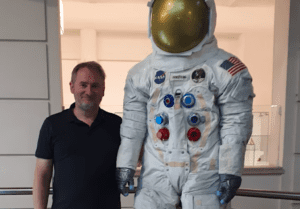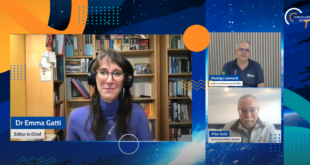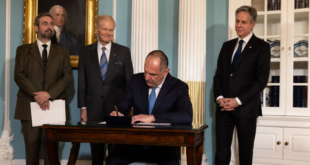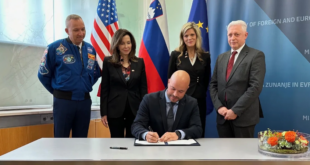by Judith Delany

The third edition of Space Café Austria focused on a topic, that has been more and more discussed ever since the Artemis Accords have come into play: The protection of space heritage and our shared space history. Host Judith Delany spoke with Dr. Christian Klösch of the Technical Museum in Vienna, giving a unique insight not just into Austrian Space history, but into the importance of history in general.
Dr. Klösch, who studied history and astronomy, has been with the Vienna Museum of Technology (TMW) since 2009. The space department has grown significantly under his guidance and has led to a new space exhibition at the TMW that opened recently with great press and public feedback.
Christian Klösch opened the conversation with an interesting comparison: Both Astronomy and history allow us to travel into the past. History does so with artifacts and, art and written accounts, astronomy does so with telescopes like the recently launched James Webb Space telescope, capturing images of the universe from billions of years ago. Furthermore, both answer the same questions: Where are we coming from? “As historians, astronomy is actually quite fascinating. If we’d look through a telescope like James Webb and would look onto our Earth from hundreds of lightyears away, we could witness our history playing out in front of us.”
When it comes to Austrian space history, nothing is more remembered than the Austromir mission, which saw Austria’s first and only astronaut Franz Viehböck conduct several experiments on the Russian space station MIR. It is also a great example about how our space history is still relevant today. Many of the experiments conducted in space lay the groundwork for today’s Austrian space technology, making stakeholders internationally renowned and relevant for space exploration.
Christian Klösch also mentions the importance of history when it comes to inspiring the youth. Nothing got children more excited than the Apollo program, still often the reason why careers in STEM and Space are being pursuit. Organizations like For All Moonkind are fighting to get the landing sites and other human heritage in space legally recognized for what they are: Important space heritage landmarks that deserve to be protected for our future generations, so they can at some stage visit and research them in situ.





